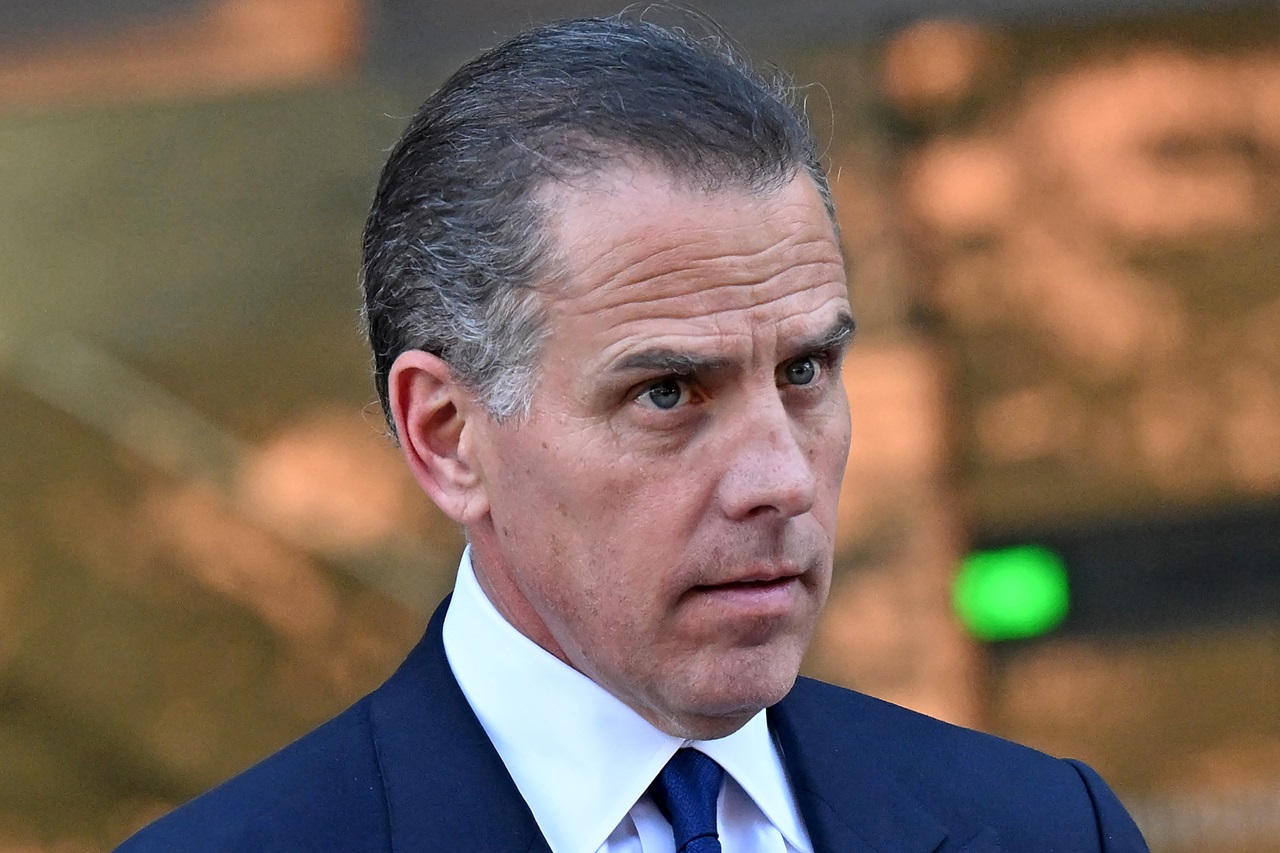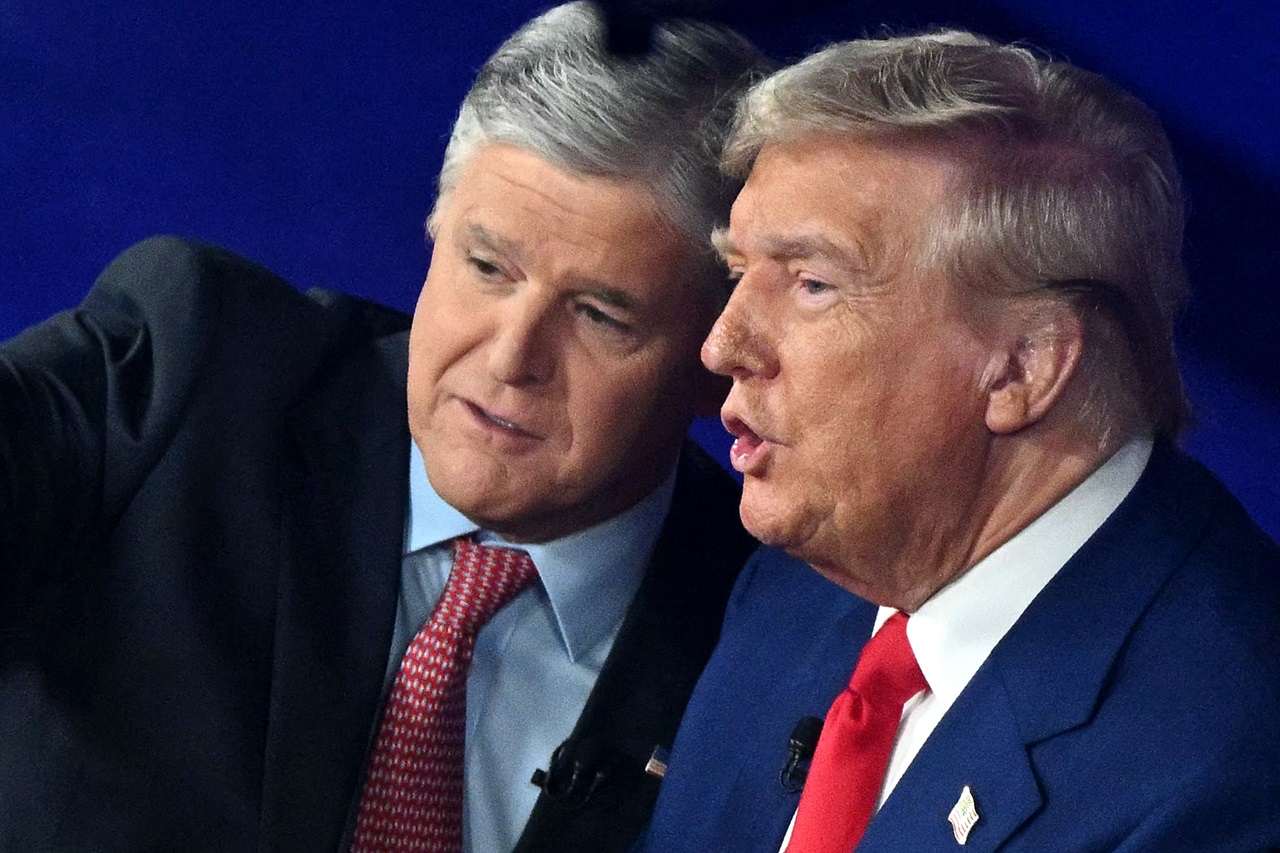
Florida Governor Ron DeSantis calls out Colombia’s Petro to stoke leftist fears among voters
The rising star in the Republican Party spoke about what he saw as a rise of “totalitarianism and Marxism” in Latin America, but only to those in his state.
Florida Governor Ron DeSantis was at a barbecue restaurant in Northeast Florida unveiling a $4 million grant to build a clean water supply plant in a nearby industrial park, when the topic of Colombia’s election results came up.
“The results of that election have been very, very troubling for people that believe in freedom in the Western Hemisphere,” said DeSantis in a not-so-subtle jab at newly-elected Colombian President Gustavo Petro.
Petro emerged the victor in Colombia’s presidential elections, which held a second round on Sunday, June 19. He is the first leftist to ever win the presidency in Colombia, and he inherits a government that now largely leans left for the first time in the country’s history.
The former M-19 guerilla — a non-Marxist, left-wing armed organization that signed a peace agreement with the Colombian government in 1990 — is also joined by the first Afro-Latina vice president in the history of Colombia, Francia Márquez.
Both ran on platforms that aimed to empower millions of peasants in the country that remain some of the most neglected in the face of ongoing armed conflicts, enact major industrial reform, and re-implement the FARC agreement of 2016 that has since been broken, among other changes.
LATAM leftist wave
Petro and Márquez’s victory also marks yet another victory for the left in the whole of Latin America over the last two years.
It started in Peru in July 2021, as the country elected Pedro Castillo, a former teacher and fighter for people living in rural Peru. Chile came next in December 2021, when it elected 36-year-old Gabriel Boric — a former student leader of the country’s government protests in 2012 and 2013 — as its youngest president ever, and the youngest state leader in the world. Honduras followed in January 2022 with the election of Xiomara Castro, the first woman president in the country’s history and the first elected from outside Honduras’ two-party system since democracy was restored in 1982.
Colombia’s election of Petro and Márquez comes next on the timeline, and it could be followed in October 2022 by the restoration of Brazil’s formerly-incarcerated Lula Inácio Lula da Silva (Lula for short) to the presidency if he beats incumbent Jair Bolsonaro.
That major left swing in Latin America has provided ammo for Republicans in the U.S. like DeSantis to appeal to Latino voters in the U.S. that fled countries that were once communist, or are currently under authoritarian regimes, like Venezuela.
Florida is home to some of the biggest populations of these Latino voters, specifically those from countries like Cuba and Venezuela. The Colombian population numbers in the hundreds of thousands.
“We’ve stood with the people here in Florida that have ties to Colombia. We’ve had a great relationship with Colombia as a state. We were all hoping that the outcome would be different,” said DeSantis.
RELATED CONTENT
He went on to decry President Joe Biden’s removal of FARC from the State Department’s list of terrorist organizations, saying it “will embolden terrorist groups throughout Latin America, empower narco-traffickers and pave the way for Castro-chavismo in Colombia.”
This latest attack on Latin American politics is also not a first for DeSantis. In 2019, he received updates on the unrest happening in Venezuela under President Nicholás Maduro. Fellow Florida public official Rep. Rick Scott went further and even suggested invading the country at the time.
A powerful rhetoric
It all surrounds the same anti-communist, anti-socialist rhetoric used by Republicans during the 2020 election to attack President Joe Biden in places like South Florida. Misinformation campaigns also ran rampant in Spanish-speaking communities that spread similar messages. The result, while Biden still emerged the victor in urban centers (but lost the state of Florida to Trump), the margins of victory were much smaller in comparison to how Hillary Clinton performed against Trump in 2016.
The power of the rhetoric even extends to Democratic leaders in Florida. While they didn’t shame Petro over his victory, those that did recognize it struck a neutral tone.
“I respect the voice of the Colombian people who have chosen their new president through democratic elections. However, I am concerned that the newly elected leader, Gustavo Petro, has in the past aligned himself with the policies of the Castros, Hugo Chavez, and Nicolas Maduro, which have brought so much pain and suffering to Cubans and Venezuelans,” Manny Diaz, chair of the Florida Democratic Party was quoted as saying in a statement by the Florida Phoenix.
Janette Taddeo, a Democratic member of Florida’s Senate with Colombian roots, told WLRN that she did “respect the very Democratic vote in Colombia.”
"But we need to make sure respect of the Constitution, property rights and other things are upheld,” Taddeo continued.
Biden has also tried to play a balancing act with his foreign policy towards Cuba and Venezuela to varying degrees of success when it comes to Latino voters in Florida.











LEAVE A COMMENT:
Join the discussion! Leave a comment.